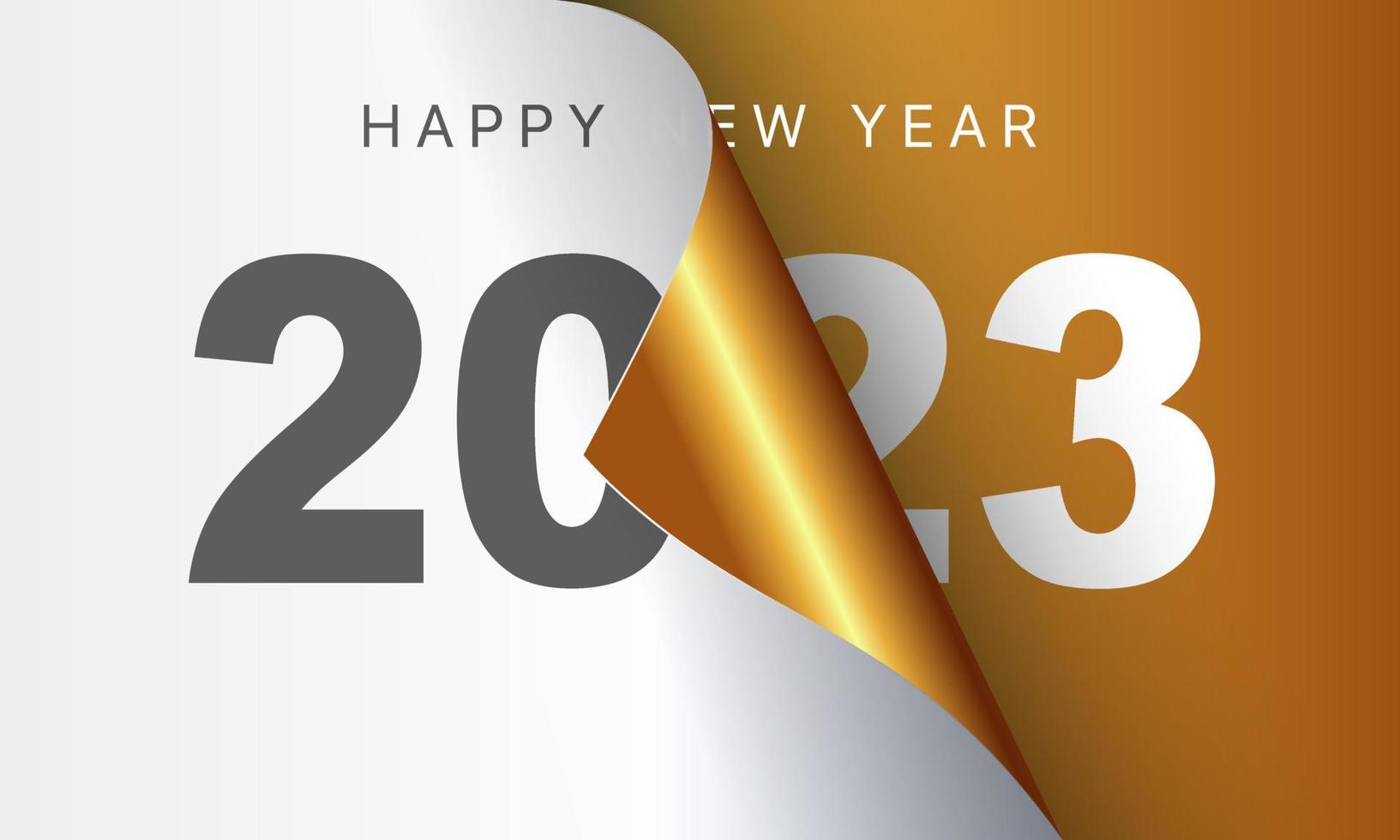The year-end: A time to reflect
I write today on the last day of the year, which as it is in the continuum, would also herald the arrival of the new year. Abuja, where I live, is unusually silent for a Saturday as I drove out early this morning for a walk in the Millennium Park. But what do you expect when […]

I write today on the last day of the year, which as it is in the continuum, would also herald the arrival of the new year. Abuja, where I live, is unusually silent for a Saturday as I drove out early this morning for a walk in the Millennium Park. But what do you expect when a substantial proportion of the city has left for other destinations to celebrate Christmas and the New Year? I reside on a hilltop with some view of the Adetokunbo Ademola crescent, that part of Abuja that is said to, never sleep. But today, when I drove out to the park everywhere was silent with hardly a vehicle or two on the road.
The park was serene with only a handful of fellow walkers and a lone jogger. Though the sun was climbing and bright, its heat was tempered by the light harmattan chill and haze that was all about. The air was crisp, nevertheless and only the swishing sound of sprinklers was audible, raising water high up and spreading on the impeccably kept lawns. A brisk and quiet walk on a milestone such as this day was conducive to deep introspection and reflection. Thus, as I walked, I fell into a deep reverie, recalling events long past, juxtaposing them with today and gazing ahead into the future.
I recall the days of growing up in Maiduguri in the late 1950s and early 60s – a town legendary for its peaceful atmosphere that brought together all the diverse groups in Nigeria mixed with the citizens of the surrounding countries to grow a regional metropolis and a great trading centre. It was the independence era, but Nigeria was, unfortunately, getting set to go through those tumultuous mid to late 60s when the country was on tenterhooks with political strife leading to military coups and fighting a civil war to remain in one piece. In that later period, I was a school student at Government College Keffi, nearly a thousand kilometres away from the comfort of my Maiduguri home. But it was also home, as it was one of the few colleges owned and run by the Northern Nigerian Government, which spared nothing to make the environment conducive to the learning experience for growing-up boys.
When the war ended in early 1970, we were warming up for university. Most of us aspired to go to ABU Zaria, then the biggest university south of the Sahara. The university was then the only one we had in the North. Getting into ABU for most of us was like checking into a 5-star hotel with everything provided. At graduation, everybody would have a job in either the public service or the buoyant private sector. But we watched with the utmost incredulity as everything began to unravel in the mid-80s with principally the naira dipping for the first time below the dollar to the incredible rate we have now.
- Only God knows Nigeria’s next leaders — Muslim students
- The essential Nigerian electorate’s New Year resolutions
2015 was supposed to be a watershed but we have watched how all our hopes crumbled with increasing insecurity. It is the year starting tomorrow that we set our hopes again with the same political parties asking for a mandate from us again. As I drove back home after the walk, I mused over the year 2022 – a year set in our political calendar to produce candidates for national and state elections next year.
From my perspective, the two leading parties, APC and the PDP both have great presidential and vice-presidential candidates for us to choose from. I have no personal knowledge of Ahmed Bola Tinubu, the APC presidential candidate but his reputation as Lagos State governor has never left the front pages. Those of us who have known Lagos, before Bola Tinubu’s time and what it is today should expect what is possible when he becomes president.
Kashim Shettima, the APC vice-presidential candidate would be more well-known to me, having been governor of Borno State where I come from and lately the Senator representing my Borno Central District. He established a reputation as a can-do person as governor when in his eight-year rule he grappled with the Boko Haram terrorist who had occupied most of the state. By the time he was in the second term as governor, the terrorist had been severely degraded. He then had the opportunity to go after other development pursuits in education, health and rebuilding infrastructure.
I was posted as a director in Atiku Abubakar’s office when he was vice president and bear witness that he is a consummate politician with a burning desire to rule this country. In the early years of the Obasanjo administration, he was the fulcrum of the government delivering on those sweeping public service reforms that were a credit to their regime. It’s a pity that in the second term, he ran into stormy waters with President Obasanjo and ended up a lame duck in the administration. The vice-presidential candidate, Dr. Ifeanyi Okowa is reputed to have run the ship of state in Delta as governor with an even keel. He has been particularly credited with burying the perennial antipathy between the major ethnic groups, the Urhobo, Itsekiri and Ijaw.
It is a tough choice, but we have to go through it, for the sake of growing our budding democracy and rebuilding hope for the country.
